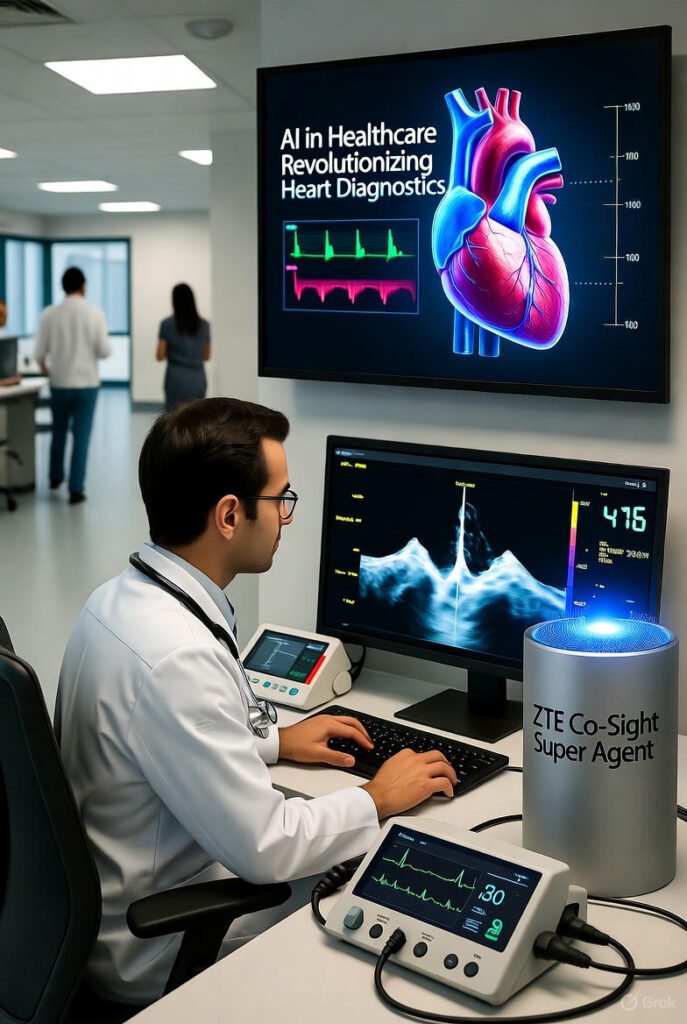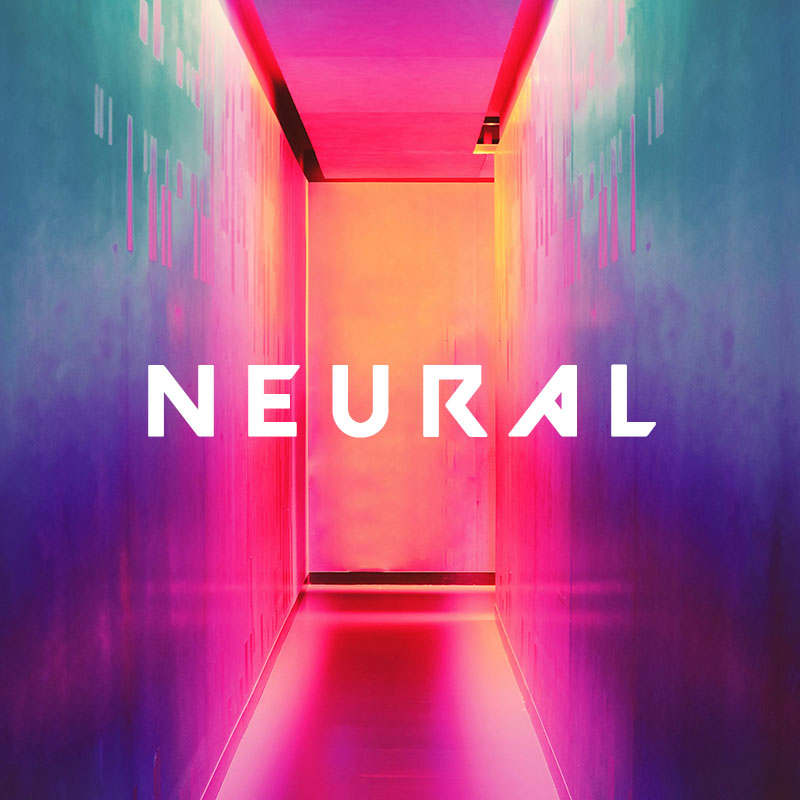AI in Healthcare: Revolutionizing Heart Diagnostics and Beyond

AI is transforming diagnostics—faster, smarter, and more accurate than ever.
In the ever-evolving world of technology, few sectors are feeling the AI revolution as profoundly as healthcare. From automating routine scans to powering intelligent agents that rival human experts, 2025 is proving to be a breakout year. Today, we’re diving deep into the latest breakthroughs: AI tools automating echocardiography analysis and ZTE’s groundbreaking Co-Sight Super Agent. These innovations aren’t just buzzwords—they’re saving lives, slashing wait times, and setting the stage for a smarter medical future. Let’s break it down.
1. AI Takes the Echo: Automating Cardiac Assessments Like Never Before
Imagine a busy cardiologist staring at endless ultrasound images, manually measuring heart functions. Now, picture an AI doing it in seconds—with unmatched consistency. That’s the reality unfolding in hospitals worldwide.
The Breakthrough
Recent advancements in AI have led to tools that fully automate echocardiography analysis. These systems use deep learning algorithms to:
Measure key metrics instantly: Left ventricular ejection fraction (LVEF), chamber volumes, and wall motion abnormalities.
Reduce errors by up to 90%: Human fatigue and variability? A thing of the past.
Speed up workflows: What took 20-30 minutes now happens in under 2.
A study from the Journal of the American College of Cardiology (October 2025) highlights how these tools analyzed over 10,000 echo scans with 95% accuracy, matching or exceeding expert cardiologists.
Real-World Impact
Patient Wins: Faster diagnoses mean quicker treatments for conditions like heart failure or valve disease.
Hospital Efficiency: Labs process 3x more cases daily, cutting backlogs.
Global Reach: Affordable AI software is rolling out in rural clinics via cloud platforms, bridging urban-rural healthcare gaps.
Pro Tip for Docs: Tools like EchoAI (from Siemens Healthineers) integrate seamlessly with existing ultrasound machines. Start with a pilot—your patients will thank you!
2. ZTE’s Co-Sight Super Agent: Topping Benchmarks and Building an AI Ecosystem
China’s ZTE isn’t just playing catch-up—they’re leading the charge. Their latest creation, the Co-Sight Super Agent, just aced the GAIA benchmarks (General AI Agents), outperforming rivals from OpenAI and Google.
The Bigger Vision
ZTE aims to create a global AI healthcare ecosystem by 2027:
Open-Source Elements: Free tools for developers in developing nations.
Privacy-First: End-to-end encryption meets GDPR and HIPAA.
Partnerships Galore: Teaming up with WHO and Mayo Clinic for trials.
Early adopters in Southeast Asia report 30% faster discharge times for cardiac patients. ZTE’s stock jumped 15% post-announcement—investors see the future.
Why This Matters: The AI Healthcare Boom in 2025
These aren’t isolated wins. AI in healthcare is exploding:
Market Projection: $187B by 2030 (Statista).
Key Trends:
Edge AI: On-device processing for remote areas (no internet needed).
Ethical AI: Bias-detection algorithms ensuring fair diagnoses.
Integration Wave: 70% of hospitals adopting by end-2025 (Gartner).
But challenges remain: Data privacy, regulatory hurdles, and the digital divide. The good news? Innovators like ZTE and echo-AI pioneers are tackling them head-on.
The Road Ahead: Your Role in the AI Health Revolution
Whether you’re a doctor, patient, or tech enthusiast, AI healthcare is here to stay. Action Steps:
For Providers: Audit your echo lab—pilot an AI tool this quarter.
For Patients: Ask your doc about AI-assisted scans at your next visit.
For Innovators: Join ZTE’s ecosystem beta at zte.com/cosight.
AI isn’t replacing doctors—it’s supercharging them. As we head into 2026, expect even wilder feats: AI surgeons, predictive pandemics, and personalized medicine for all.
What’s your take? Have you experienced AI in your healthcare journey? Drop a comment below—I read them all!

























Comments
This post currently has no comments.